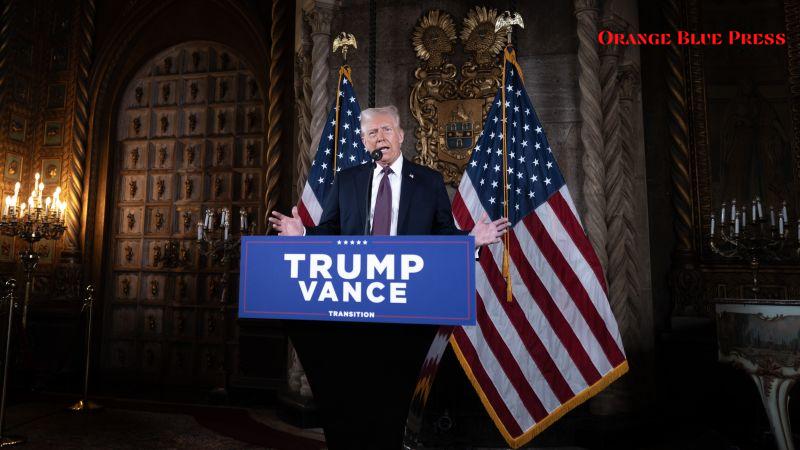In the latest round of discussions surrounding America’s political landscape, former President Donald Trump stirred the pot with some controversial comments about Canada, Greenland, and Panama. His remarks, which hinted at an intent to bring Canada under U.S. control, have sparked discussion and disapproval among Canadian leaders and the public alike.
Trump’s Ambitious Visions for Canada
Recently, Trump made headlines by suggesting that Canada could become the 51st state of the United States. Initially portrayed as a joke, this comment has taken a serious turn as Canadian officials express increasing concern. Trump’s position stems from his belief that Canada is benefiting from U.S. defense spending without contributing enough in return. This has generated a heated debate on the implications of such statements.
Economic Force Over Military Action
In a surprising twist, Trump mentioned the use of ‘economic force’ as a way to apply pressure on Canada. His rhetoric shifts away from the classic military might approach, focusing instead on the potential economic consequences of Canada’s trading relationship with the U.S. This has caused anxiety amongst political analysts who believe such comments could strain diplomatic ties further.
Canadian Leaders React Strongly
Leaders in Canada have swiftly responded to Trump’s comments, emphasizing that the discussions concerning Canada becoming the 51st state are not only unwelcome but also unfounded. Finance Minister Dominic LeBlanc characterized Trump’s remarks as an outright attempt to undermine Canada. Canada has built a strong and independent identity and does not wish to be considered an extension of the United States.
- Dominic LeBlanc strongly dismisses Trump’s suggestion as a joke and expresses legitimate concern over its seriousness.
- Canadian Prime Minister Justin Trudeau has firmly rejected any notion of annexation, insisting on Canada’s sovereignty.
- Ontario Premier Doug Ford highlighted the significant interdependence between Canada and the U.S. through energy exports.
What’s Happening in Greenland?
Besides targeting Canada, Trump also stirred controversy around Greenland, calling for its acquisition during his presidency. This echoes his previous interest in the territory, which is strategically located in the Arctic. Greenland’s parliament has voiced their discontent, alarmed by Trump’s statements that can potentially threaten their autonomy.
Potential Consequences on International Relations
The implications of Trump’s words extend beyond Canadian borders. Experts fear that his blunt and aggressive approach may jeopardize longstanding international alliances. By positioning economic threats against Canada, Trump risks eroding the cooperative spirit that has characterized North American relations for decades.
A Shift from Diplomacy to Aggression
Many political analysts argue that Trump’s talk reflects a broader strategy of pursuing aggressive tactics over diplomatic dialogue. This could backfire, alienating allies and fostering resentment amongst nations that once stood alongside the U.S. in areas such as trade, security, and environmental policies.
Public Opinion and Future Outlook
As Trump’s influences linger in American politics, the public is left wondering how his statements will affect relationships with Canada and other nations. Following the backlash, it remains to be seen whether this rhetoric will change or if it will continue, provoking further tensions. Canada, committed to safeguarding its standing in the world, is gearing up to respond to any threats aimed at its sovereignty diligently.
Interesting Facts about U.S.-Canada Relations
| Fact | Detail |
|---|---|
| Trade Relationship | Canada is the largest foreign supplier of goods to the U.S., providing over $600 billion annually. |
| Energy Dependence | Approximately 60% of U.S. energy imports come from Canada. |
| Shared Border | The U.S. and Canada share the longest international border in the world, extending over 5,525 miles. |




















